David Salisbury
-
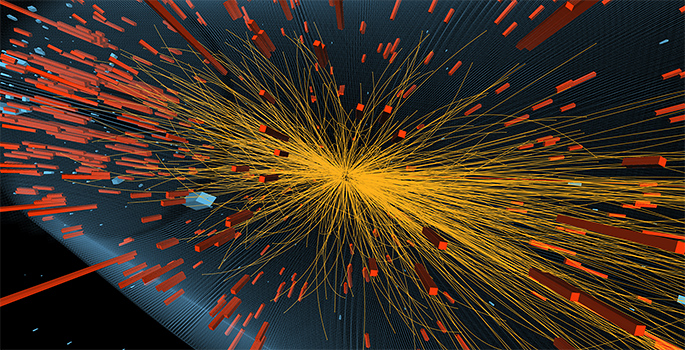
World’s largest atom smashers create world’s smallest droplets
Recent experiments at the world's largest atom smashers are producing liquid drops so small that they raise the question of how small a droplet can be and still remain a liquid. Read MoreOct 2, 2015
-

Scientific literature overstates psychotherapy’s effectiveness in treating depression
New analysis shows that the scientific literature paints an overly rosy picture of the efficacy of psychotherapy for depression comparable to the bias previously found in reports of treatments with antidepressant drugs. Read MoreSep 30, 2015
-
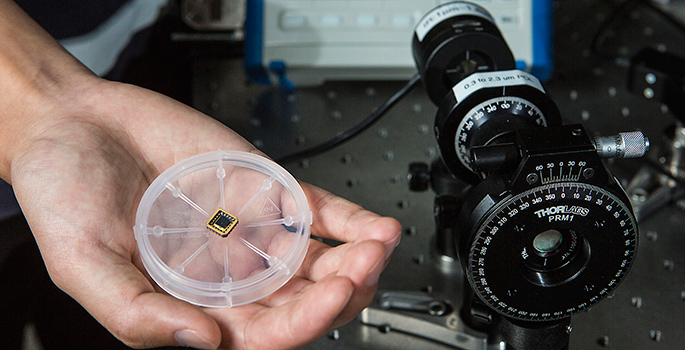
First circularly polarized light detector on a silicon chip
Invention of the first integrated circularly polarized light detector on a silicon chip opens the door for development of small, portable sensors that could expand the use of polarized light for drug screening, surveillance, etc. Read MoreSep 22, 2015
-
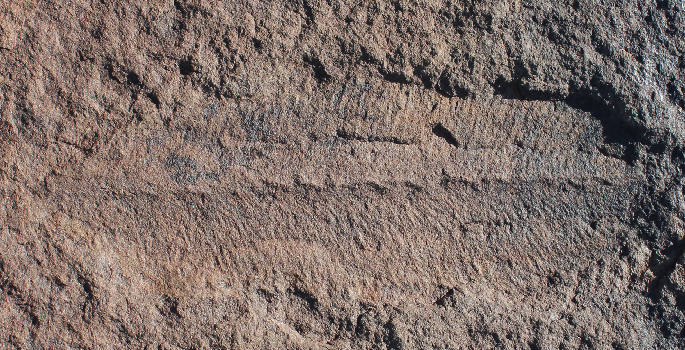
Evidence that Earth’s first mass extinction was caused by critters, not catastrophe
The Earth's first mass extinction event 540 million years ago was caused not by a meteorite impact or volcanic super-eruption, but by the rise of early animals that dramatically changed to prehistoric environment. Read MoreSep 2, 2015
-
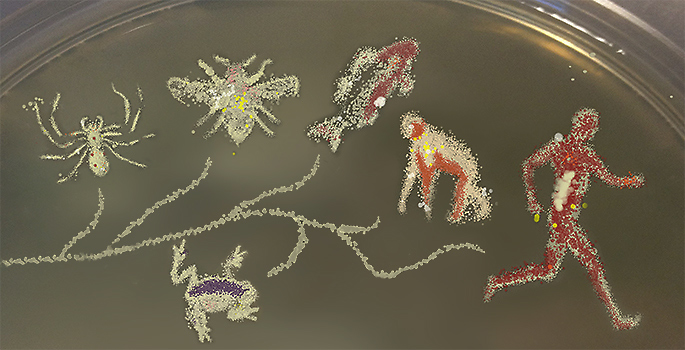
The pronoun ‘I’ is becoming obsolete
Recent microbiological research has shown that plants and animals, including humans, are not autonomous individuals but are holobionts: biomolecular networks that consist of visible hosts plus millions of invisible microbes. Read MoreAug 19, 2015
-

New model of cosmic stickiness favors “Big Rip” demise of universe
A Vanderbilt team of scientists have developed a new formulation for cosmic viscosity which strongly favors the "Big Rip" end of the universe. Read MoreJun 30, 2015
-

World’s smallest spirals could guard against identity theft
Vanderbilt researchers have made the world’s smallest spirals and found they have unique optical properties that are nearly impossible to counterfeit. Read MoreJun 2, 2015
-

Deciphering clues to prehistoric climate changes locked in cave deposits
Jessica Oster and her colleagues have shown that the analysis of a stalagmite from a cave in north east India can detect the link between El Nino conditions in the Pacific Ocean and the Indian monsoon. Read MoreMay 22, 2015
-

Locating the brain’s SAD center
Vanderbilt biologists have localized the seasonal light cycle effects that drive seasonal affective disorder to a small region of the brain called the dorsal raphe nucleus. Read MoreMay 7, 2015
-

New insight into how brain makes memories
Vanderbilt researchers have identified the role that a key protein associated with autism and the co-occurrence of alcohol dependency and depression plays in forming the spines that create new connections in the brain. Read MoreApr 23, 2015
-
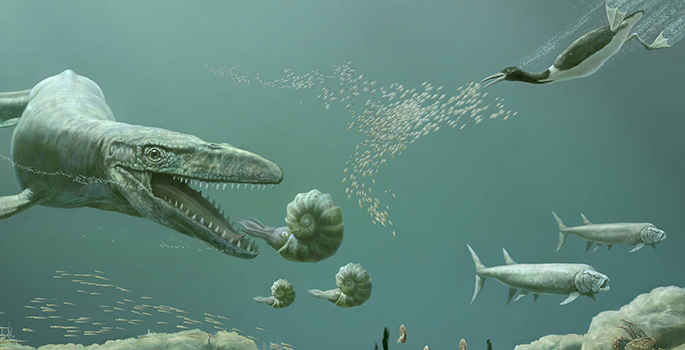
Evolutionary history of whales, dolphins and sea turtles
The evolutionary history of whales, sea turtles and other land animals that have returned to the sea details the radical changes to their life style, body shape, physiology that they made to survive in an aquatic environment. Read MoreApr 17, 2015
-

California’s solar incentive program has had only modest impact on adoption rates
California's aggressive incentive program for installing rooftop solar-electric systems has not been as effective as generally believed according to a new analysis. Read MoreApr 7, 2015
-

Vanderbilt and Pittsburgh to lead new center to identify toxic chemicals
EPA is establishing a new center at Vanderbilt University and the University of Pittsburgh to develop an alternative approach for toxicity testing to help evaluate the safety of the 80,000-plus chemicals in general commerce. Read MoreMar 25, 2015
-

Sophisticated application of magnetic force enhances laparoscopic surgery
A team of Vanderbilt engineers is using magnetic force to design new and improved instruments for minimally invasive surgery. Read MoreMar 2, 2015
-

Circadian clock – Angelman syndrome link established
Vanderbilt biologists have found a direct link between the biological clock and Angelman syndrome, a neurogenetic disorder that occurs in more than one in every 15,000 live births. The link may provide a valuable way to judge the effectiveness of the first experimental drugs under development for treating the syndrome. Read MoreFeb 5, 2015
-

Early human populations may have been shaped by bacteria the body hosts
Vanderbilt mathematician Glenn Webb and NYU microbiologist Martin Blaser propose that the microbes which live on our bodies may have influenced the age structure of human populations in prehistoric times. Read MoreDec 16, 2014
-
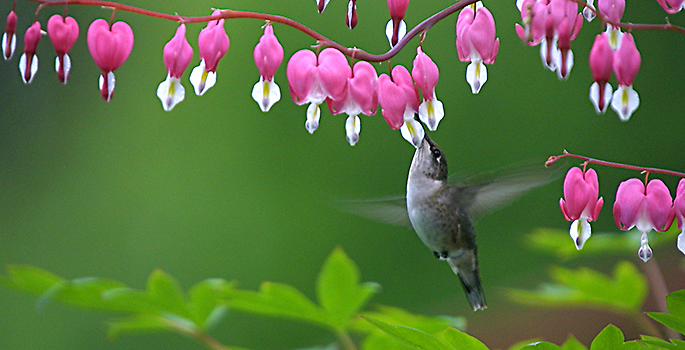
How the hummingbird achieves its aerobatic feats
The most detailed aerodynamic simulation of hummingbird flight conducted to date demonstrates that it achieves its aerobatic abilities through a unique set of aerodynamic forces. Read MoreNov 21, 2014
-
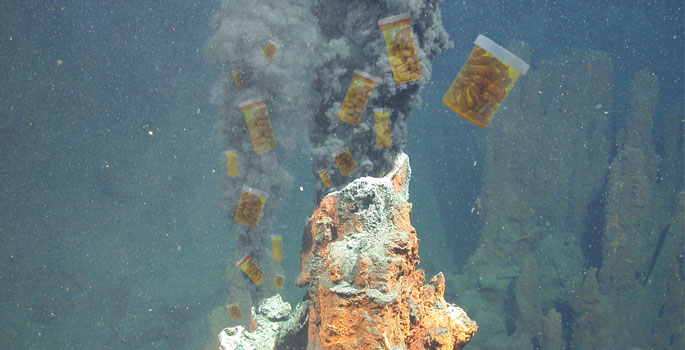
Life’s extremists may be an untapped source of antibacterial drugs
A family of single-celled organisms that thrive in environments too extreme for most other species to survive may be an untapped source of new antibacterial drugs. Read MoreNov 21, 2014
-

Vanderbilt’s neurovascular chip project moves into new phase
Vanderbilt researchers will play a key role in the second phase of the federal "tissue chip for drug screening" program. Read MoreNov 18, 2014
-
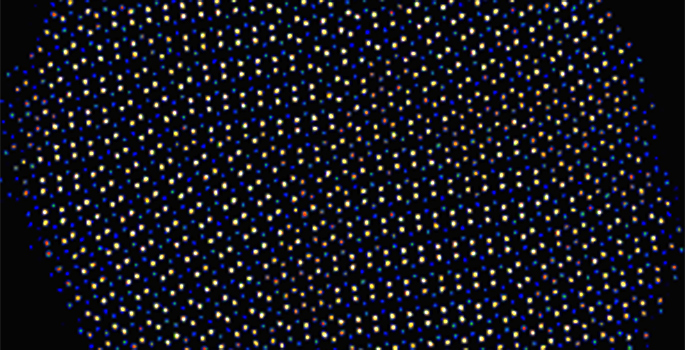
New form of crystalline order holds promise for thermoelectric applications
Scientists at Vanderbilt and ORNL have discovered a new form of crystalline order that could make better thermoelectric devices. Read MoreNov 14, 2014